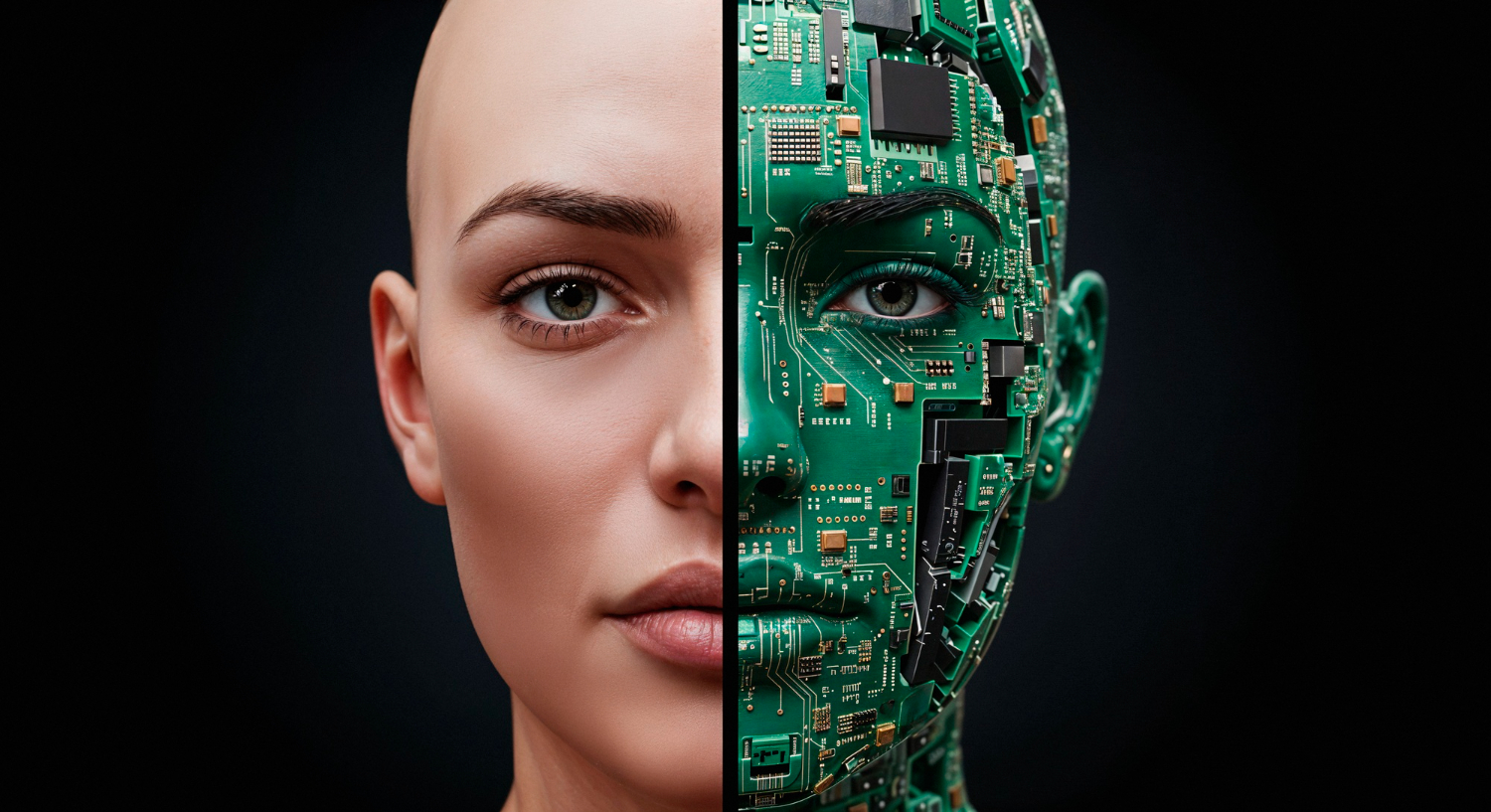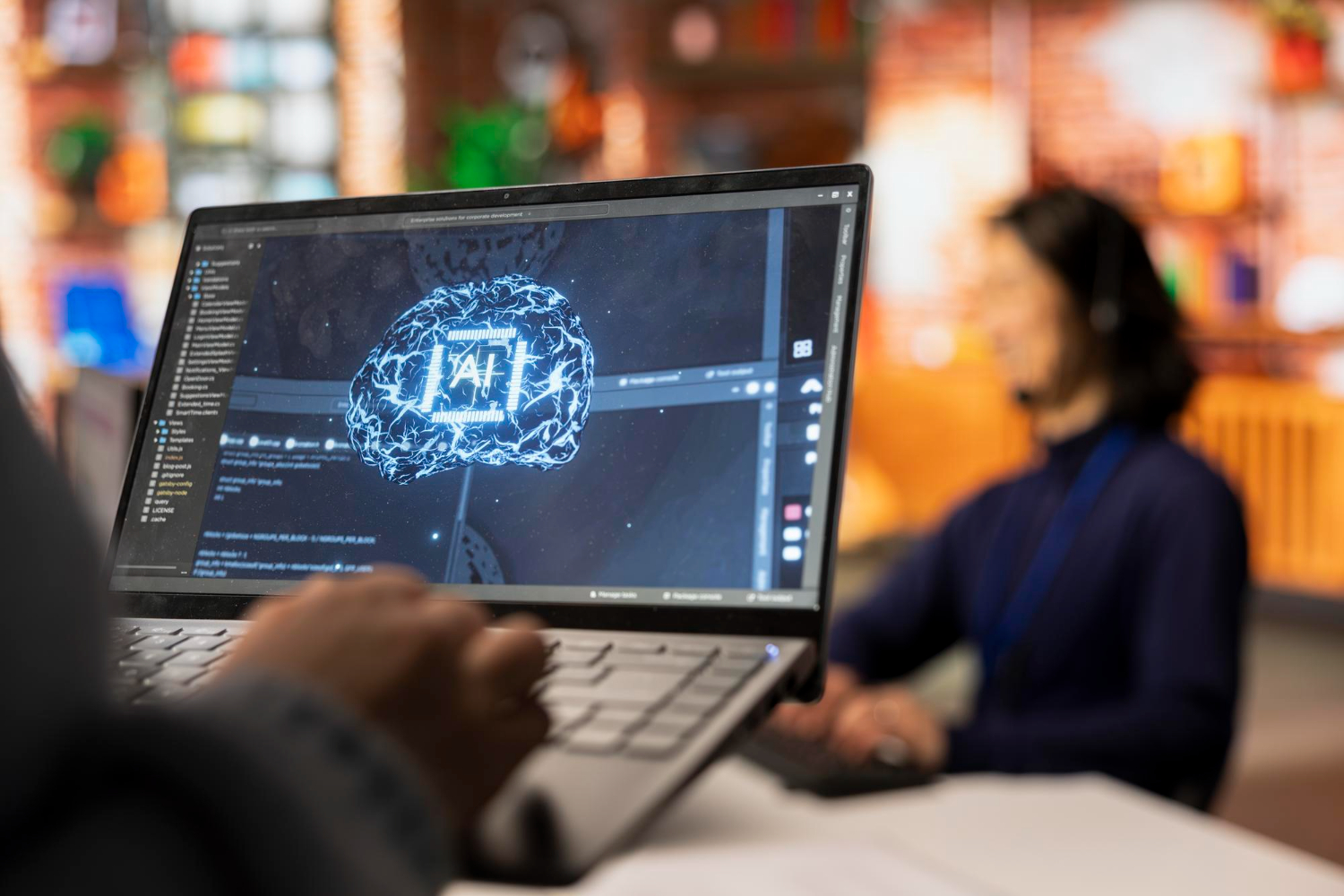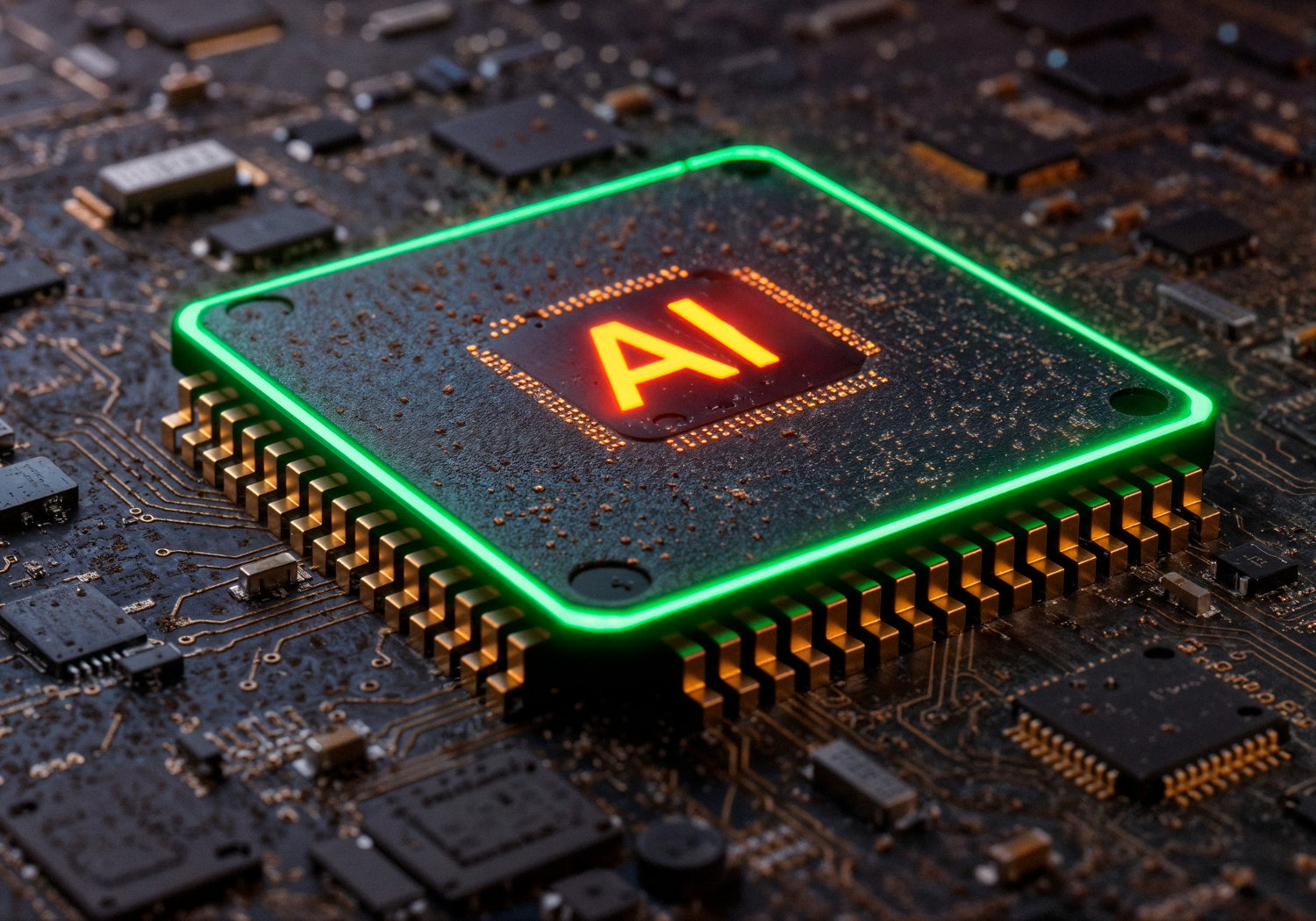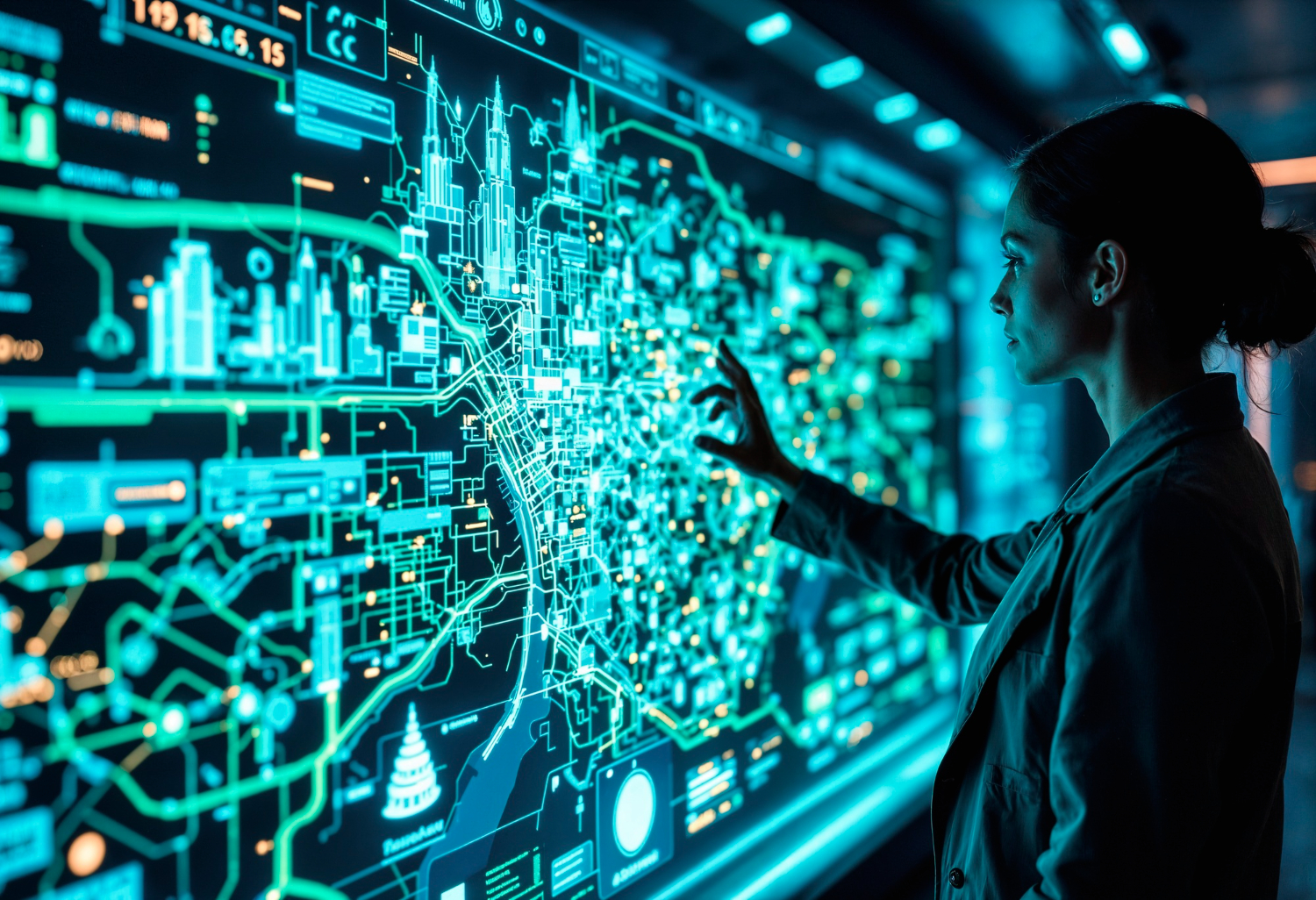The integration of artificial intelligence (AI) in tourism and the hospitality industry is transforming how services are delivered and experienced. AI enhances customer service, improves efficiency, and creates personalised travel experiences. This article explores the significant role of AI in the travel and tourism industry, its benefits, and how companies like TechnoLynx can help businesses adopt these technologies effectively.
Enhancing Customer Service
Personalised Travel Experiences
AI enables travel companies to provide personalised travel experiences. Machine learning algorithms analyse customer data to understand preferences and offer tailored recommendations. Whether it’s suggesting tourist destinations, activities, or dining options, AI ensures that travellers receive customised advice that enhances their journey.
For example, AI can recommend specific tourist destinations based on a traveller’s past behaviour and interests. This level of personalisation increases customer satisfaction and loyalty.
Chatbots and Virtual Assistants
Chatbots and virtual assistants are revolutionising customer service in the hospitality industry. These AI-powered tools provide real-time assistance to customers, answering queries, making reservations, and providing travel information. They operate 24/7, ensuring that customers always have access to support.
Hotels and travel companies use chatbots to handle routine inquiries, freeing up human staff to focus on more complex tasks. This improves efficiency and enhances the guest experience.
Improving Efficiency in the Hospitality Industry
Dynamic Pricing
Dynamic pricing is a game-changer for the hotel industry. AI systems analyse market demand, competitor pricing, and historical data to adjust prices in real time. This ensures that hotels maximise their revenue while offering competitive rates to customers.
For instance, during peak tourist seasons, AI can increase room rates based on demand, while offering discounts during off-peak periods. This flexibility helps hotels maintain profitability throughout the year.
Automation of Routine Tasks
AI automates many routine tasks in the hospitality industry. This includes check-ins and check-outs, room service requests, and housekeeping schedules. Automation reduces human error, speeds up processes, and improves overall efficiency.
Hotels use AI-powered kiosks for self-check-ins, reducing wait times and enhancing the guest experience. AI systems also manage housekeeping schedules, ensuring rooms are cleaned promptly and efficiently.
Enhancing the Travel Planning Process
AI in Travel Planning
AI simplifies travel planning by providing smart recommendations and itinerary suggestions. Travel agents and customers alike use AI-powered tools to create detailed travel plans. These tools consider factors like travel time, costs, and personal preferences to offer the best possible options.
For example, AI can suggest the most efficient travel routes, taking into account traffic conditions and weather forecasts. This helps travellers save time and reduces stress.
Virtual Travel Agents
Virtual travel agents are becoming increasingly popular. These AI-powered tools assist travellers in planning their trips, booking flights, hotels, and activities. They provide a seamless, hassle-free experience by handling all aspects of travel planning.
Travel companies use virtual agents to enhance customer service and streamline the booking process. This technology ensures that travellers receive accurate information and timely assistance.
Revolutionising the Guest Experience
Facial Recognition
Facial recognition technology is improving security and convenience in the hospitality industry. Hotels use facial recognition for seamless check-ins, keyless room entry, and enhanced security measures. This technology speeds up processes and provides a personalised touch to the guest experience.
For instance, guests can check into their rooms without needing to present identification or wait in line. Facial recognition ensures that only authorised individuals have access to rooms and facilities, enhancing safety and security.
Virtual Reality
Virtual reality (VR) is creating immersive experiences in the travel and tourism industry. VR allows potential travellers to explore destinations and hotel rooms virtually before making a booking. This helps them make informed decisions and enhances their travel experience.
Hotels and tourist destinations use VR to showcase their offerings, providing a realistic preview to potential customers. This technology attracts more visitors and boosts bookings.
EXPLORING VIRTUAL MUSEUMS AND THE DIGITAL PAST WITH AI AND AR VR
Enhancing Marketing and Customer Engagement
Social Media and AI
Social media plays a crucial role in the travel and tourism industry. AI enhances social media strategies by analysing customer data, monitoring trends, and creating targeted marketing campaigns. This ensures that travel companies reach the right audience with the right message.
For example, AI can analyse social media interactions to understand customer sentiments and preferences. This information helps travel companies tailor their marketing strategies to meet customer needs and expectations.
Sentiment Analysis
AI-powered sentiment analysis tools monitor customer reviews and feedback. These tools analyse large amounts of data to understand customer sentiments, identifying areas for improvement. This helps travel companies enhance their services and improve customer satisfaction.
Hotels and travel agents use sentiment analysis to gauge customer reactions to their services. This feedback informs their strategies, ensuring they meet customer expectations and maintain high satisfaction levels.
Challenges of AI Adoption in the Hospitality Industry
High Initial Costs
Implementing AI technologies can be expensive. The initial costs of purchasing and installing AI systems may be high, particularly for small businesses. However, the long-term benefits of increased efficiency and improved customer service often outweigh these costs.
Data Privacy Concerns
AI systems require access to large amounts of data to function effectively. This raises concerns about data privacy and security. Travel companies must ensure they comply with data protection regulations and implement robust security measures to protect customer information.
Need for Skilled Workforce
The adoption of AI in the hospitality industry requires a skilled workforce. Employees need training to use AI systems effectively. This may involve significant time and financial investment, but it is crucial for successful AI integration.
Future of AI in the Travel and Tourism Industry
AI-Enhanced Customer Experiences
The future of AI in tourism looks promising. As AI technologies advance, they will continue to enhance customer experiences. AI will offer even more personalised services, making travel more enjoyable and hassle-free.
Smart Destinations
Smart destinations are on the rise, where AI and other technologies create seamless, interconnected travel experiences. These destinations use AI to manage resources, monitor tourist activities, and provide real-time information to visitors. This ensures a smooth and enjoyable travel experience.
How TechnoLynx Can Help
TechnoLynx specialises in helping businesses adopt AI technologies effectively. Our team of experts can assist travel companies and hospitality sectors in implementing AI solutions tailored to their needs.
-
Custom AI Solutions: We offer custom AI solutions designed to meet the specific requirements of your business. Whether you need AI-powered chatbots, dynamic pricing systems, or sentiment analysis tools, we can develop the right solutions to enhance your services.
-
Expert Guidance: Our consultants have extensive experience in AI technologies and the travel industry. We provide expert guidance through every stage of AI adoption, from initial strategy development to full implementation. This ensures you maximise the benefits of AI and stay competitive.
-
Training and Support: We offer comprehensive training programs to upskill your workforce. Our training covers AI tools, best practices, and strategies for effective AI adoption. We also provide ongoing support to ensure your AI systems continue to deliver value.
-
Scalable Solutions: Our AI solutions are scalable, making them accessible to businesses of all sizes. We offer flexible pricing models to help you manage costs and maximise ROI. This enables you to benefit from AI technologies without straining your budget.
Conclusion
The role of AI in the travel and hospitality industry is significant and growing. AI enhances customer service, improves efficiency, and creates personalised travel experiences. Despite challenges such as high initial costs and data privacy concerns, the benefits of AI adoption are substantial.
TechnoLynx is here to help you navigate these challenges and make the most of AI’s benefits. Our custom AI solutions, expert guidance, and ongoing support can help you stay competitive in the evolving technological landscape.
Image credits: Freepik













